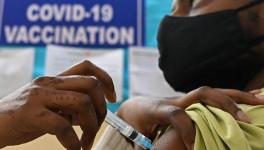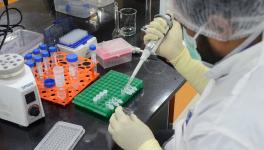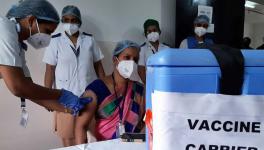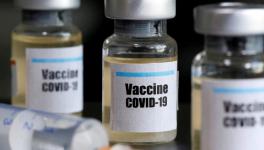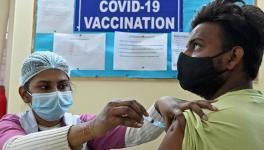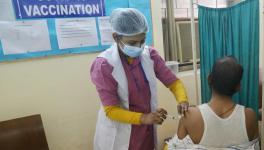Single Dose of COVID-19 Vaccine May Be Effective Against Variants in Previously Infected People: New Study
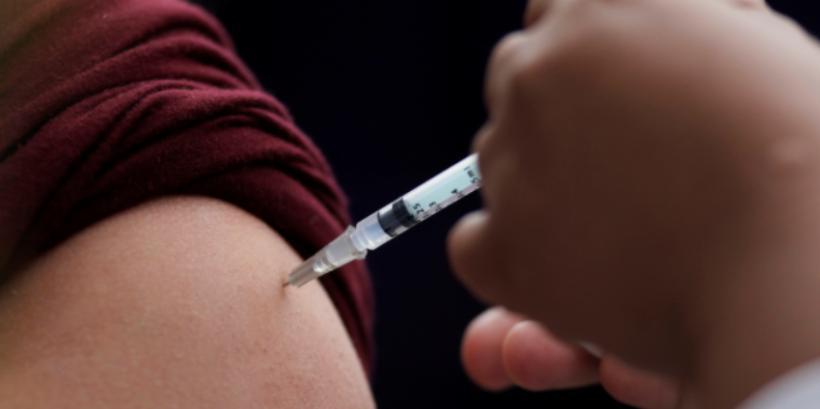
In what can be considered as encouraging news, the findings of a new study suggests that a single dose of COVID-19 vaccine may be effective against mutant variants in previously infected people. The study, published in Science magazine, was conducted by a team of scientists belonging to various universities and institutes in London, including Imperial College, University College, University of Nottingham, et al.
Conducted among healthcare workers who received the Pfizer/BioNTech vaccine, the study looked at how the vaccine generated immune response among those who were previously infected by the COVID-19 virus and those who were not infected. Especially, the study aimed to monitor if vaccination and prior infection has any correlation with immune response against mutant strains. It observed that after one dose of the vaccine, those who were previously infected, had immune response against the variants B.1.1.7 (originally emerged in UK) and B.1.351 (originally emerged in South Africa).
More importantly, the study found that the T cell immunity, antibody secreting B cells and neutralising antibodies were enhanced in those infected previously and had received one dose of the Pfizer/BioNTech vaccine. The T cells and B cells are specialised cells belonging to the immune system or body’s defence mechanism and are programmed to fight off an infection.
Even if the study considered only two variants, the researchers believe that the case may to be true for other variants as well, for example those that originally emerged in India or Brazil.
Also read: Explainer: Are COVID-19 Mutant Strains Behind Current Second Wave?
Commenting on the findings, Rosemary Boyton, Professor of Immunology and Respiratory Medicine at Imperial College London, who led the research, was quoted as saying that, “Our findings show that people who have had their first dose of vaccine, and who have not previously been infected with SARS-CoV-2, are not fully protected against the circulating variants of concern.”
"This study highlights the importance of getting second doses of the vaccine rolled out to protect the population,” she added.
Among the health care workers, who were infected previously, administering a single dose of the vaccine resulted in lower level of neutralising antibodies against both the original strain and the mutant variants. This indicates the importance of a second dose of the vaccine.
“Our data show that natural infection alone may not provide sufficient immunity against the variants. Boosting with a single vaccine dose in people with prior infection probably does. As new variants continue to emerge, it is important to fast track global rollout of vaccines to reduce transmission of the virus and remove the opportunities for new variants to arise,” Boyton said, further explaining the findings of the study and its importance.
The authors of the study indicate what could be a future perspective based on the findings. “Moving forward, it will be important to resolve the quantitative and qualitative differences between these groups in terms of neutralising antibody repertoire as well as phenotype and durability of memory B and T cell responses. Durability of immunity to natural infection and following vaccination, as well as sustained vaccine efficacy and vaccine escape need to be monitored over time,” the report in Science noted.
Get the latest reports & analysis with people's perspective on Protests, movements & deep analytical videos, discussions of the current affairs in your Telegram app. Subscribe to NewsClick's Telegram channel & get Real-Time updates on stories, as they get published on our website.









